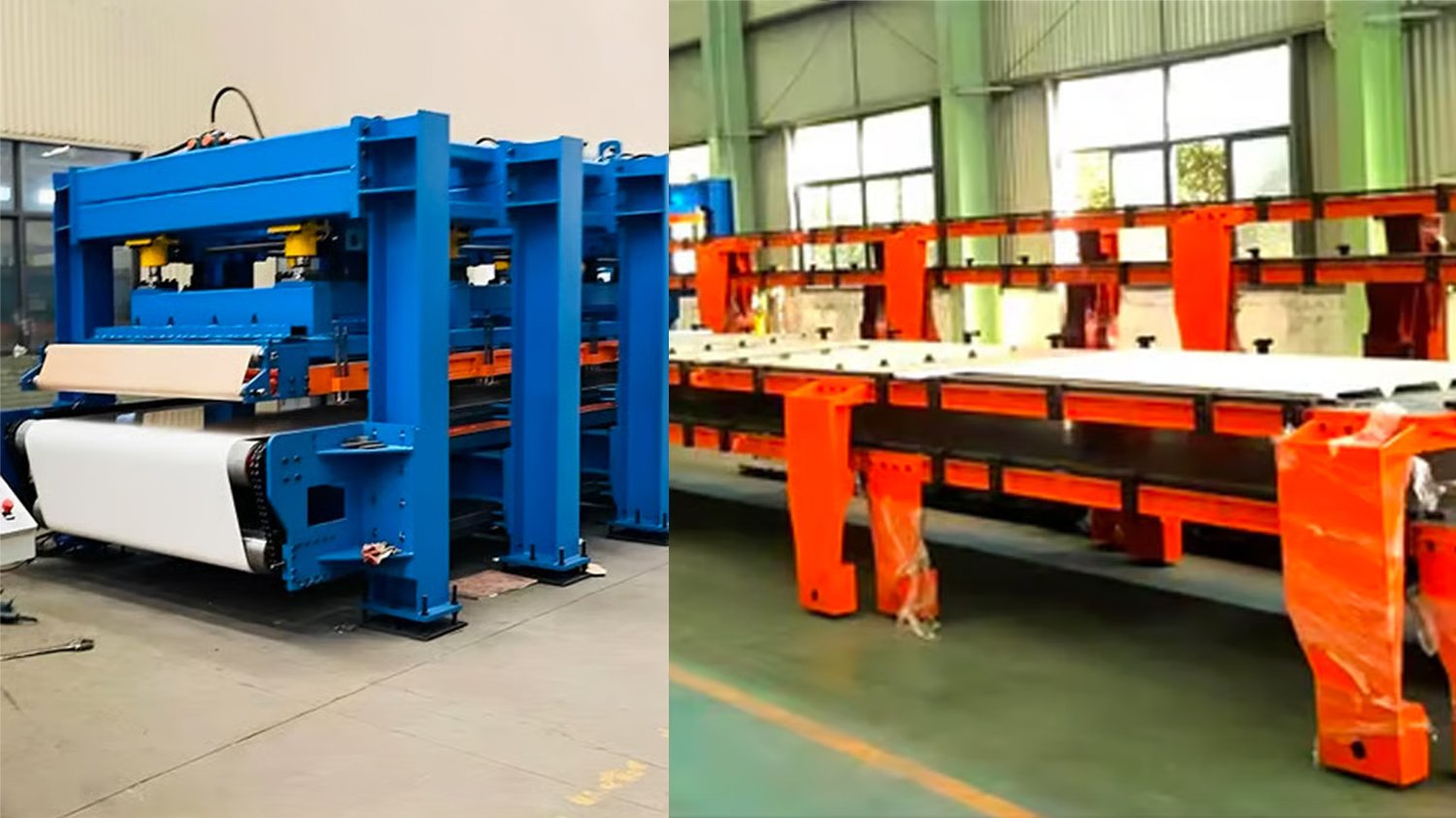Energy Efficiency
Sustainable Practices in Insulated Panel Lines play a crucial role in improving energy efficiency in buildings. By using high-quality materials and proper insulation techniques, companies can reduce the energy consumption of buildings, leading to lower utility bills and a decreased carbon footprint.
Material Selection
Choosing the right materials for insulated panel lines is essential for sustainable practices. Opting for eco-friendly and recyclable materials not only benefits the environment but also ensures the longevity and durability of the panels, reducing the need for frequent replacements.
Waste Reduction
Implementing sustainable practices in insulated panel lines can help minimize waste generation during the manufacturing process. Companies can adopt efficient production methods and recycling programs to reduce waste and promote a circular economy within the industry.
Carbon Footprint Reduction
Sustainable practices in insulated panel lines contribute to the reduction of carbon emissions. By using energy-efficient manufacturing processes and eco-friendly materials, companies can lower their carbon footprint and mitigate the environmental impact of their operations.
Life Cycle Assessment
Conducting a life cycle assessment of insulated panel lines is essential for evaluating their environmental impact. Companies can identify areas for improvement and implement sustainable practices throughout the production, use, and disposal stages of the panels.
Regulatory Compliance
Adhering to environmental regulations and standards is a key aspect of sustainable practices in insulated panel lines. Companies must ensure that their manufacturing processes meet legal requirements and follow industry best practices to minimize environmental harm.
Resource Efficiency
Optimizing resource efficiency is crucial for sustainable practices in insulated panel lines. Companies can reduce water usage, energy consumption, and raw material waste through efficient production methods and continuous improvement initiatives.
Product Innovation
Investing in research and development of sustainable materials and technologies is essential for driving innovation in insulated panel lines. Companies can develop new products that are environmentally friendly, resource-efficient, and cost-effective.
Long-Term Cost Savings
Implementing sustainable practices in insulated panel lines may require initial investments, but the long-term cost savings are significant. Companies can reduce operating expenses, improve brand reputation, and attract environmentally conscious customers by prioritizing sustainability.
Collaboration and Partnerships
Collaborating with suppliers, customers, and other stakeholders is essential for promoting sustainable practices in insulated panel lines. By working together towards common sustainability goals, companies can drive positive change and create a more eco-friendly industry.
Quote Inquiry
contact us

